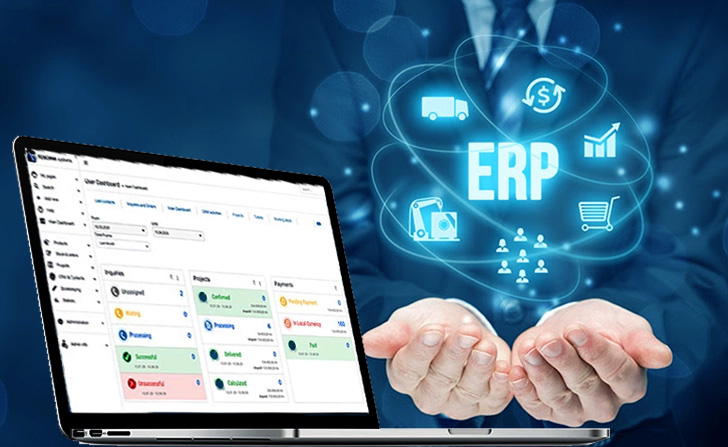
ERP IMPLEMENTATION
ERP software implementation is part of a strategy for optimizing the internal activities of a company's business, or you could say it is the stage of applying ERP software functions to operational activities that occur within the customer's company. Currently, there are three types of ERP software implementation systems that are often used by companies, and each company can use a different implementation because it depends on the needs and size of the company itself, so the type of ERP software implementation must also be adjusted. Here are three types of ERP software implementation:
I. On-Premise ERP
Implementation of on-premise ERP is the most common ERP software
implementation system and is the type of implementation that is often used by
large-scale companies because on-premise implementation requires companies to
have hardware such as servers, so to implement it, companies need more
controlled maintenance and expenses which is more.
II. Cloud ERP
Recently, the implementation of cloud-based ERP software is gaining
popularity among small and medium-sized businesses. This type of implementation
can store company data in the cloud, which is the safest central repository,
but to implement it, companies need to spend more money, time, and effort.
little compared to traditional ERP software implementations.
III. Hybrid ERP
As the name implies, hybrid ERP implementations can be run by companies using servers and can also store some company data in a cloud system, which makes this type of implementation a favorite for small to large-scale companies.
